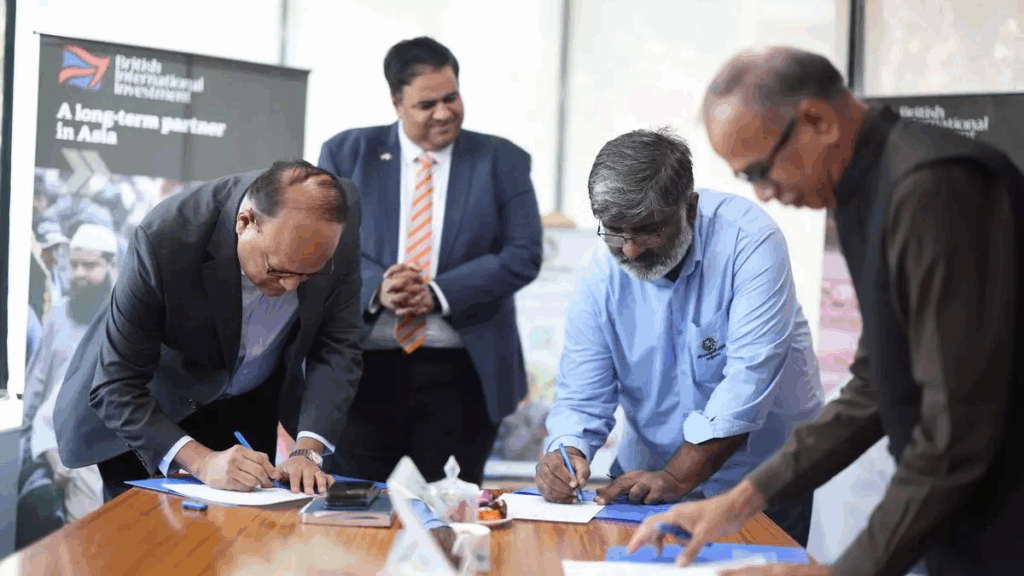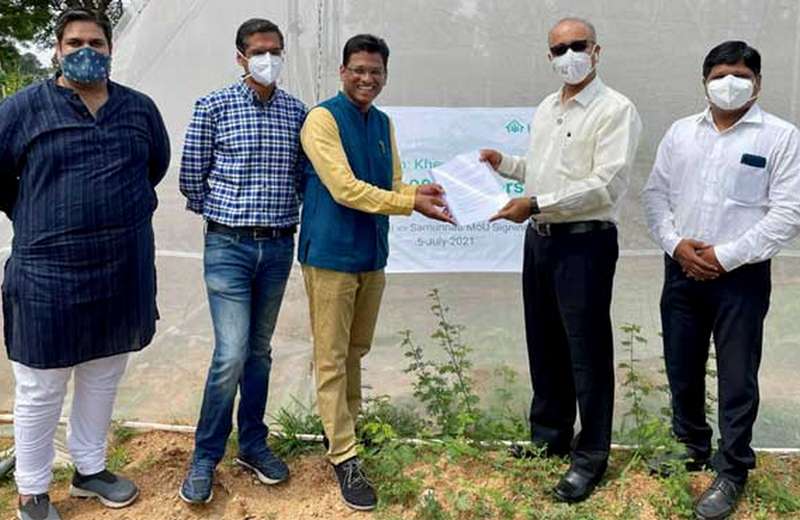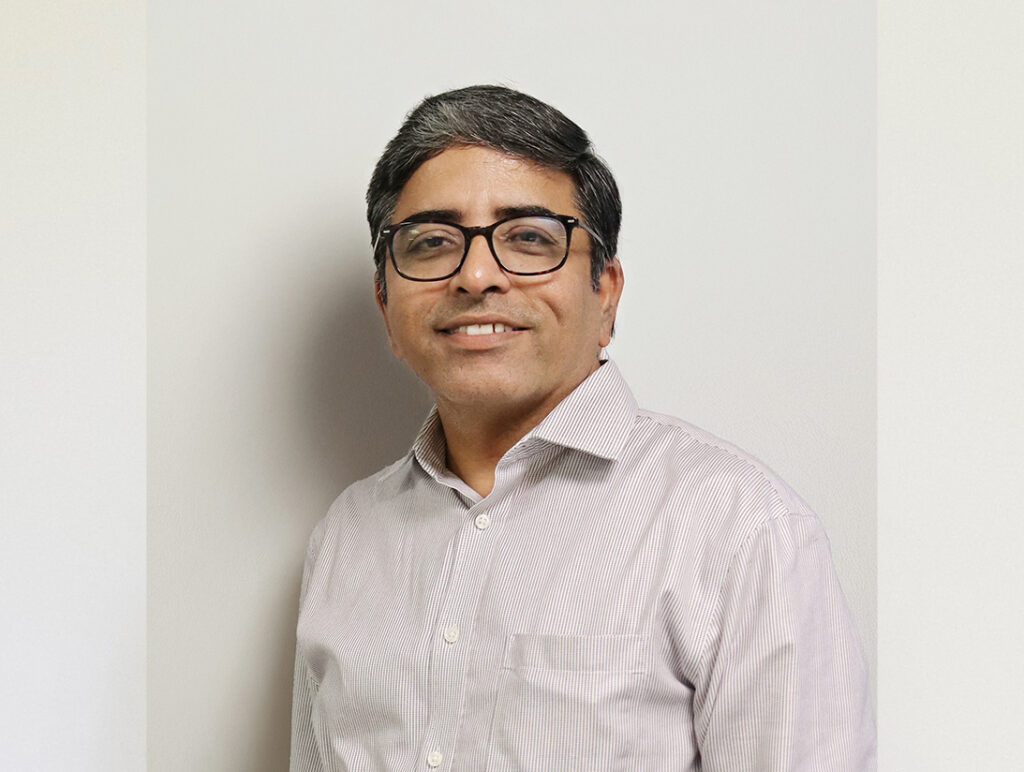
Featured in The hindu businessline
This Commitment is made through BII’s € 200 Million climate innovation facility, announced by the UK Government at COP26 to provide finance for the most pioneering climate solutions in developing countries
Akshayakalpa Organic has signed a Memorandum of Understanding (MoU) with British International Investment plc (BII), the UK’s development finance institution and impact investor, and Samunnati Financial Intermediation & Services Pvt Ltd to provide financing to up to 1,500 smallholder dairy farmers in Karnataka, Tamil Nadu, and Telangana.
The partnership will see BII extend guarantees for new and existing Akshayakalpa Organic smallholder farmers, who are typically outside of the formal lending ecosystem. This will enable them to access formal financing in order to scale up their organic dairy business. This commitment is made through BII’s £200-million Climate Innovation Facility, announced by the UK Government at COP26 to provide finance for the most pioneering climate solutions in developing countries.
The MoU underscores Akshayakalpa Organic’s commitment to foster sustainable agricultural practices and empower local farming communities, the company said in a statement. Akshayakalpa will leverage this partnership to enhance the betterment of the farmers. This will be achieved through the provision of infrastructure, advanced technologies, and comprehensive support to the farmers in its network.
Through Akshayakalpa Organic’s engagement, farmers are supported to transition to organic and sustainable and regenerative farming practices to diversify their income streams, which increases milk production per cow by 2.3 times and increases crop productivity per acre while obtaining organic certification. Transitioning to this organic model is expected to decrease the greenhouse gas emissions per litre of milk produced by Akshayakalpa Organic’s farmers and contribute to climate change mitigation and sustainability of the dairy industry in India.
Shashi Kumar, CEO, & Co-founder, Akshayakalpa Organic said “This association with British International Investment and Samunnati’s Agri Commerce and Finance Solutions marks a significant milestone for Akshayakalpa. It not only validates our mission to promote sustainable and organic farming but also amplifies our ability to make a positive impact on the lives of our dedicated farmers. This will help us accelerate our plans of providing consumers with the finest organic dairy products while promoting ethical and sustainable farming practices across Karnataka, Tamil Nadu and Telangana. We are excited about the possibilities that this collaboration opens up for the future of agriculture in India.”
Chandru Iyer, British Deputy High Commissioner – Karnataka & Kerala and HM Deputy Trade Commissioner for South Asia, said: “The UK is committed to supporting environment-resilient farming initiatives in India through British International Investment. We look forward to working with organisations such as Akshayakalpa that are closely working with smallholder farmers to ensure sustainable farming practices that will help to improve food security in India.”
Srini Nagarajan, Managing Director and Head of Asia at BII, said: “Promoting inclusion and sustainable practices are key pillars of BII’s strategy in India. As the UK’s DFI, BII is well placed to provide guarantees through this partnership to improve access to finance for smallholder farmers which will help to sustainably increase their productivity and improve their livelihoods, while helping to mitigate climate impact of the dairy industry in India.”
Anil Kumar SG, Founder and CEO of Samunnati “The signing of this MoU marks a pivotal moment in our mission at Samunnati. We are privileged to partner with British International Investment and Akshayakalpa Organic in this endeavor. This collaboration not only acknowledges Akshayakalpa Organic’s impactful work in the agricultural sector but also signifies a shared commitment to positive transformation. Together, we aim to benefit both the farmers associated with Akshayakalpa Organic and the broader agricultural landscape.”



